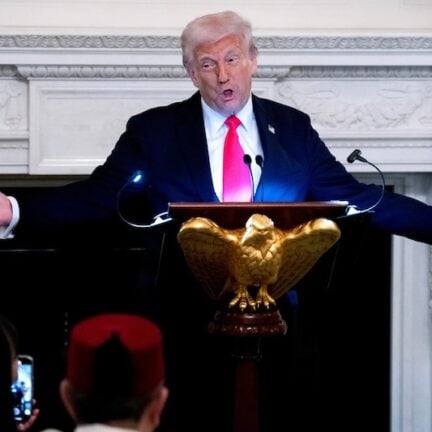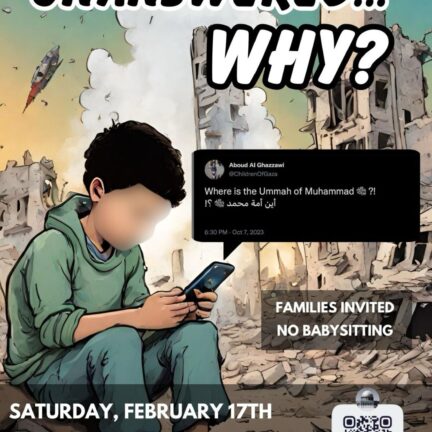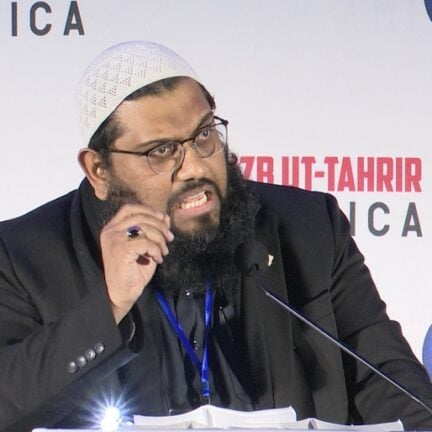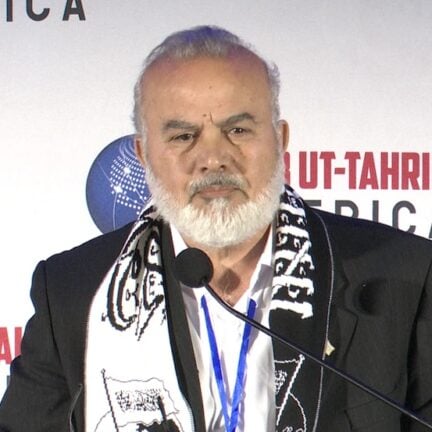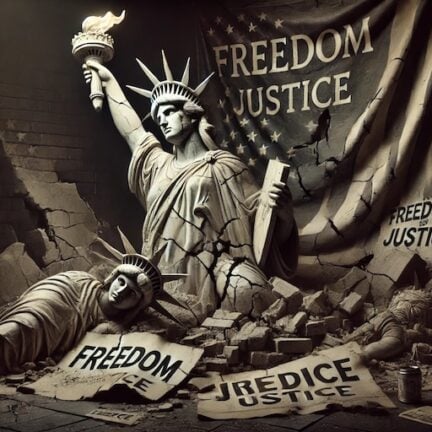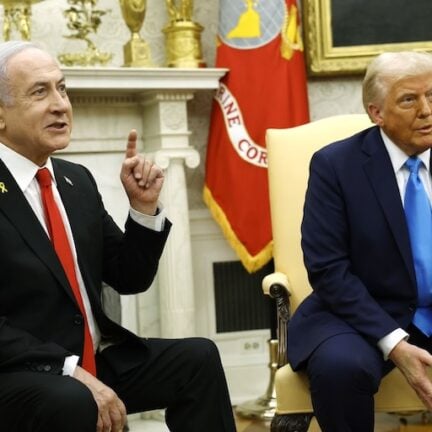Every four years, as elections approach, a surge of enthusiasm for voting floods mainstream media, social media influencers, and various organizations. Muslims are also encouraged to participate, often through local Muslim organizations. For over two decades, they have been urged to vote for specific parties or individuals, hoping to gain benefits or prevent harm. In 2000, Muslims were encouraged to vote for George W. Bush, who then launched the War on Terror, devastating Muslim lands and resulting in the deaths of nearly 1 million Muslims. In 2008, Muslims supported Barack Obama, expecting positive change. Instead, Obama expanded FBI surveillance and entrapment programs targeting Muslims in America and supported dictators like Sisi in Egypt, further fueling conflict in the Middle East. In 2020, Muslims voted for Joe Biden, who has supported and funded the genocide in Gaza while advancing the LGBTQ agenda domestically. Even peaceful protests against the genocide by students of all backgrounds were crushed with support from the Democratic Party, while Republicans urged even more repression.
The events in Gaza expose the reality of the current world order. The genocide there, backed by powerful nations, shows how “democratic” systems can support oppression. Freedom of opinion is celebrated only when it supports the existing system. Historical patterns reveal that, regardless of popular choice, decisions often align with the interests of the ruling elite, and election promises that threaten those interests are quickly discarded. The people are left with a controlled system that profits the powerful while sidelining genuine change.
Muslim voices, however, do hold significance to secular decision-makers, but mainly to assimilate Muslims into secularism, urging them to give up Islamic values in favor of integration. This tactic aims to dissolve the distinct identity of the Muslim community, urging Muslims to participate in a secular political framework that ultimately undermines Islamic principles.
Some suggest voting for third-party candidates to disrupt the two-party system, thinking it can give Muslims leverage. Yet, the reality of who controls the system remains. Voting for a third party offers only the illusion of influence in a structure designed to maintain the power of the two main parties. For example, despite Europe’s multi-party systems, Muslims there face increasingly aggressive anti-Islam legislation. The same power dynamics remain, regardless of the number of parties, confirming the hadith of the Prophet (SAW): “The believer does not get stung from the same hole twice.” (Al-Bukhari and Muslim).
Muslims often ask, “If we don’t vote, should we remain politically inactive?” On the contrary, Islam mandates Muslims to engage actively and promote justice within society. Allah says, “Invite to the way of your Lord with wisdom and good instruction and argue with them in a way that is best.” (Quran, Surah An-Nahl, Ayah 125). The Prophet (SAW) further stated, “Whoever among you sees an evil, let him change it with his hand; if he cannot, then with his tongue; if he cannot, then with his heart, and that is the weakest of faith.” (Sahih Muslim). Islamic political activism does not require participation in secular voting but rather active engagement through enjoining good and forbidding evil.
Engagement must be based on the Aqeedah and aligned with Islamic rulings. Voting in systems that legislate contrary to Allah’s guidance is haram, as it endorses man-made laws over divine laws. Allah states, “Do they seek the judgment of ignorance? But who is better than Allah in judgment for a people who are certain?” (Quran, Surah Al-Ma’idah, Ayah 50). Presidential and congressional elections, in which candidates authorize laws contrary to Islam, compromise Islamic principles, and support a non-Islamic system of governance. Allah warns, “And whoever does not judge by what Allah has revealed, then it is they who are the disbelievers.” (Quran, Surah Al-Ma’idah, Ayah 44).
The best path forward mirrors the way of the Prophet Muhammad (SAW) and his Sahaba, who did not compromise Islamic values for temporary gains. Allah commanded, “Indeed, in the Messenger of Allah, you have an excellent example for whoever has hope in Allah and the Last Day.” (Quran, Surah Al-Ahzab, Ayah 21). This guidance requires Muslims to build an Islamic political identity that aligns with divine principles.
The Muslim community has essential responsibilities, both locally and globally. Locally, Muslims should create their own political platforms, not for voting purposes, but to strengthen Islamic identity, build communal bonds, and engage in dawah. By addressing social issues like homelessness, economic disparity, and family values, Muslims can demonstrate Islam’s solutions to societal problems, presenting it as an answer to modern challenges. A strong Muslim presence, both in communities and on social media, can encourage reflection on the wisdom of Islamic teachings.
Globally, the Muslim Ummah must work together to restore unity and sovereignty, eliminate corruption, and expel colonial influence. This vision, grounded in Islamic ideology, aims to remove oppressive regimes and establish the just and merciful rule of Islam through the Khilafah. The Prophet (SAW) foretold this return, saying: “Then there will be a Caliphate upon the prophetic methodology.” (Musnad Ahmad). The reestablishment of the Khilafah promises the revival of justice and peace, fulfilling Allah’s words, “And We have not sent you (O Muhammad) except as a mercy to the worlds.” (Quran, Surah 21:107).
In response to Allah’s call, Muslims are obligated to work towards this vision, uniting under the banner of Islam to lead society with compassion and justice. Allah reminds, ““O you who have believed, respond to Allah and to the Messenger when he calls you to that which gives you life.” (Quran, Surah Al-Anfal, Ayah 24).
Hizb ut Tahrir America
Rabi II 22, 1446 AH
October 25, 2024, AD


